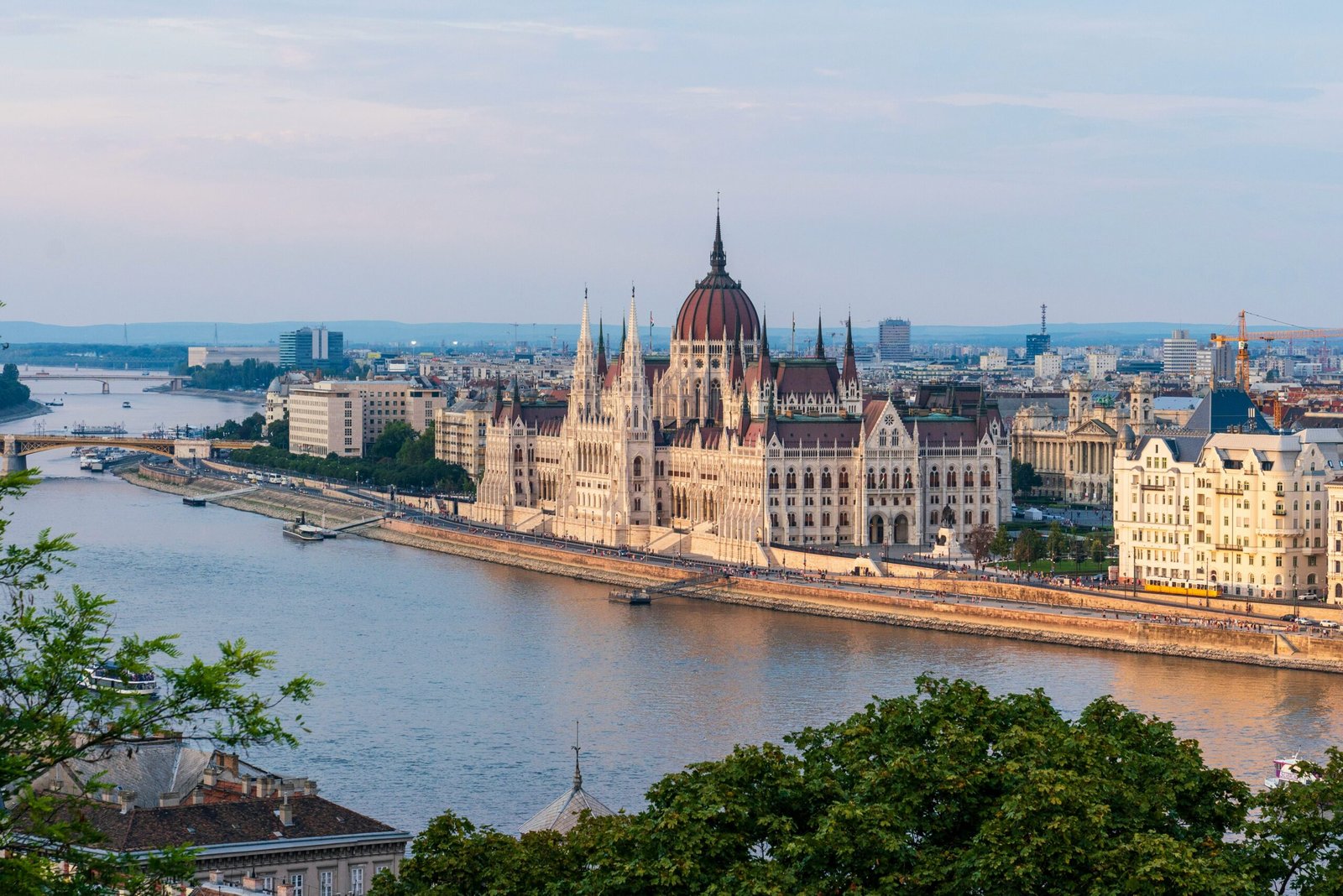Introduction
Hungary, a beautiful country located in Central Europe, is a destination that offers a rich blend of history, culture, and natural beauty. Whether you are planning to visit, stay, work, study, or do business in Hungary, this guide will provide you with all the essential information you need to make your experience memorable.
Location and Surface Area
Hungary is situated in Central Europe and shares its borders with seven countries: Austria, Slovakia, Ukraine, Romania, Serbia, Croatia, and Slovenia. It covers a total area of approximately 93,030 square kilometers, making it a relatively compact country to explore.
Climate
Hungary experiences a temperate continental climate, with hot summers and cold winters. The best time to visit is during the spring (April to June) and autumn (September to October) when the weather is mild and pleasant. Summers are usually warm, with temperatures ranging from 25 to 35 degrees Celsius, while winters can be cold, with temperatures dropping below freezing.
Fauna and Flora
Hungary boasts a diverse range of flora and fauna, thanks to its varied landscapes. The country is home to numerous national parks and nature reserves, where visitors can explore lush forests, meandering rivers, and picturesque lakes. Wildlife enthusiasts can spot a rich variety of animals, including deer, wild boars, foxes, and various bird species.
Attractions
Hungary offers a plethora of attractions that cater to all interests. The capital city, Budapest, is a treasure trove of architectural wonders, including the iconic Parliament Building, Buda Castle, and the Chain Bridge. The country is also renowned for its thermal baths, such as the Széchenyi Thermal Bath, which provides a rejuvenating experience. Additionally, the picturesque Danube River, Lake Balaton, and the charming towns of Eger and Pécs are must-visit destinations.
Population and Languages
Hungary has a population of approximately 9.7 million people. The official language is Hungarian, but English and German are widely spoken, especially in tourist areas and major cities. Locals appreciate visitors who make an effort to learn a few basic Hungarian phrases, which can go a long way in enhancing your experience.
Currency
The official currency of Hungary is the Hungarian Forint (HUF). It is advisable to exchange your currency for Forints upon arrival, as cash is widely accepted throughout the country. ATMs are readily available, and credit cards are widely accepted in most establishments.
Visa Requirements
Depending on your nationality, you may need a visa to enter Hungary. Citizens of the European Union and the Schengen Area countries can enter Hungary with a valid passport or national ID card. Visitors from other countries should check the visa requirements with the Hungarian embassy or consulate in their home country before traveling.
Culture and Customs
Hungary has a rich cultural heritage that is reflected in its traditions, festivals, and cuisine. The country is known for its vibrant folk music and dance, as well as its delicious dishes, such as goulash and chimney cake. Hungarians are proud of their cultural heritage and appreciate visitors who show respect for their customs and traditions.
Hospitality
Hungarians are known for their warm hospitality and friendly nature. Visitors can expect a warm welcome and assistance from locals, especially in tourist areas. Don’t hesitate to ask for help or recommendations, as Hungarians are often eager to share their knowledge and love for their country.
Main Cities
In addition to Budapest, Hungary has several other notable cities worth exploring. Debrecen, the second-largest city, offers a vibrant cultural scene and beautiful parks. Szeged, known as the “City of Sunshine,” is famous for its stunning architecture and vibrant festivals. Other cities like Miskolc, Pécs, and Győr also have their unique charm and attractions.
Airports and Airlines
Hungary has several international airports, with Budapest Ferenc Liszt International Airport being the largest and busiest. It serves as a major hub for both domestic and international flights, connecting Hungary to various destinations around the world. Other airports, such as Debrecen International Airport and Sármellék International Airport, cater to regional and charter flights.
In conclusion, Hungary offers a captivating blend of history, culture, and natural beauty, making it an ideal destination for travelers, students, and business professionals alike. With its welcoming atmosphere, diverse attractions, and convenient amenities, Hungary is ready to provide you with an unforgettable experience.

